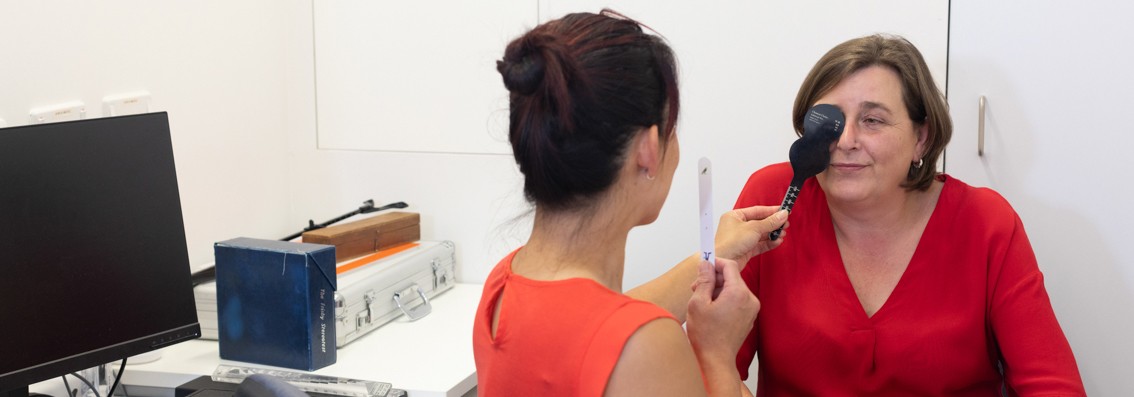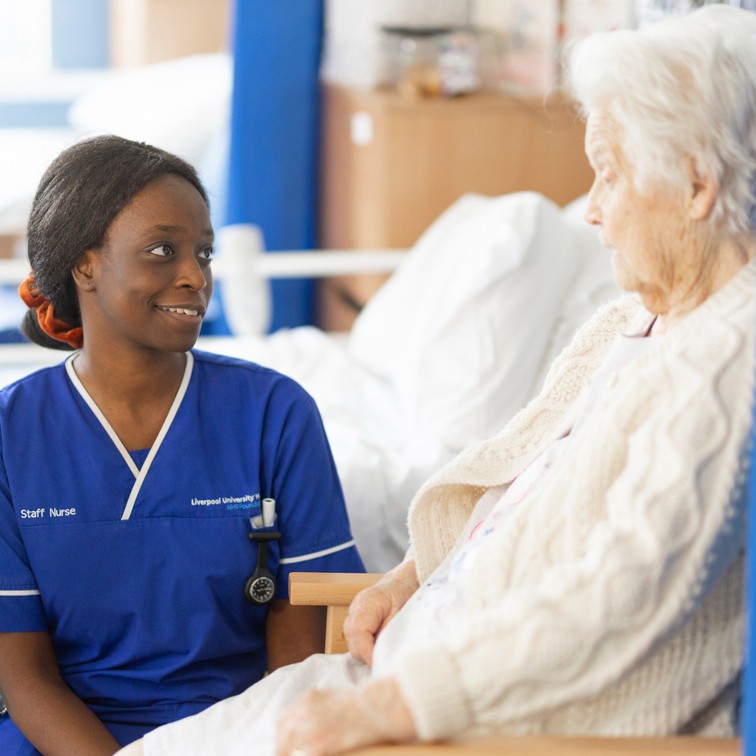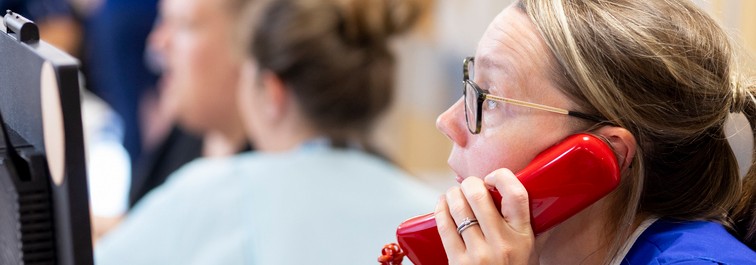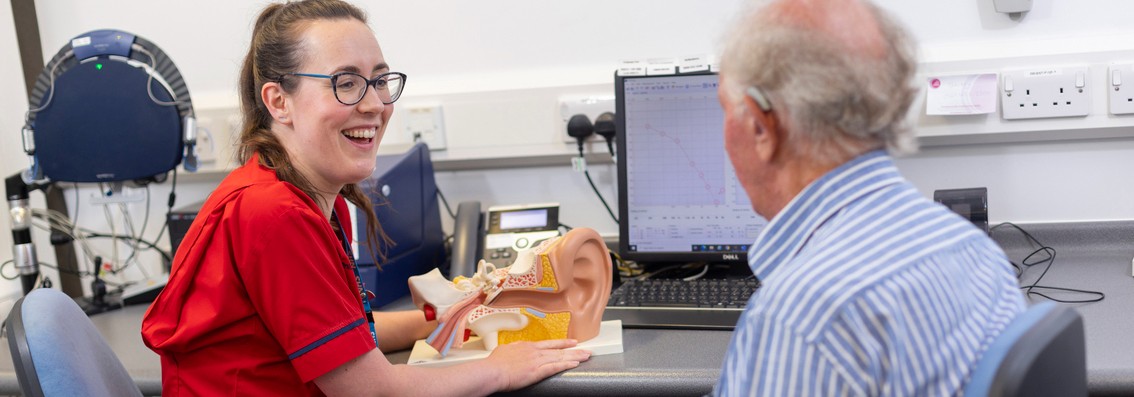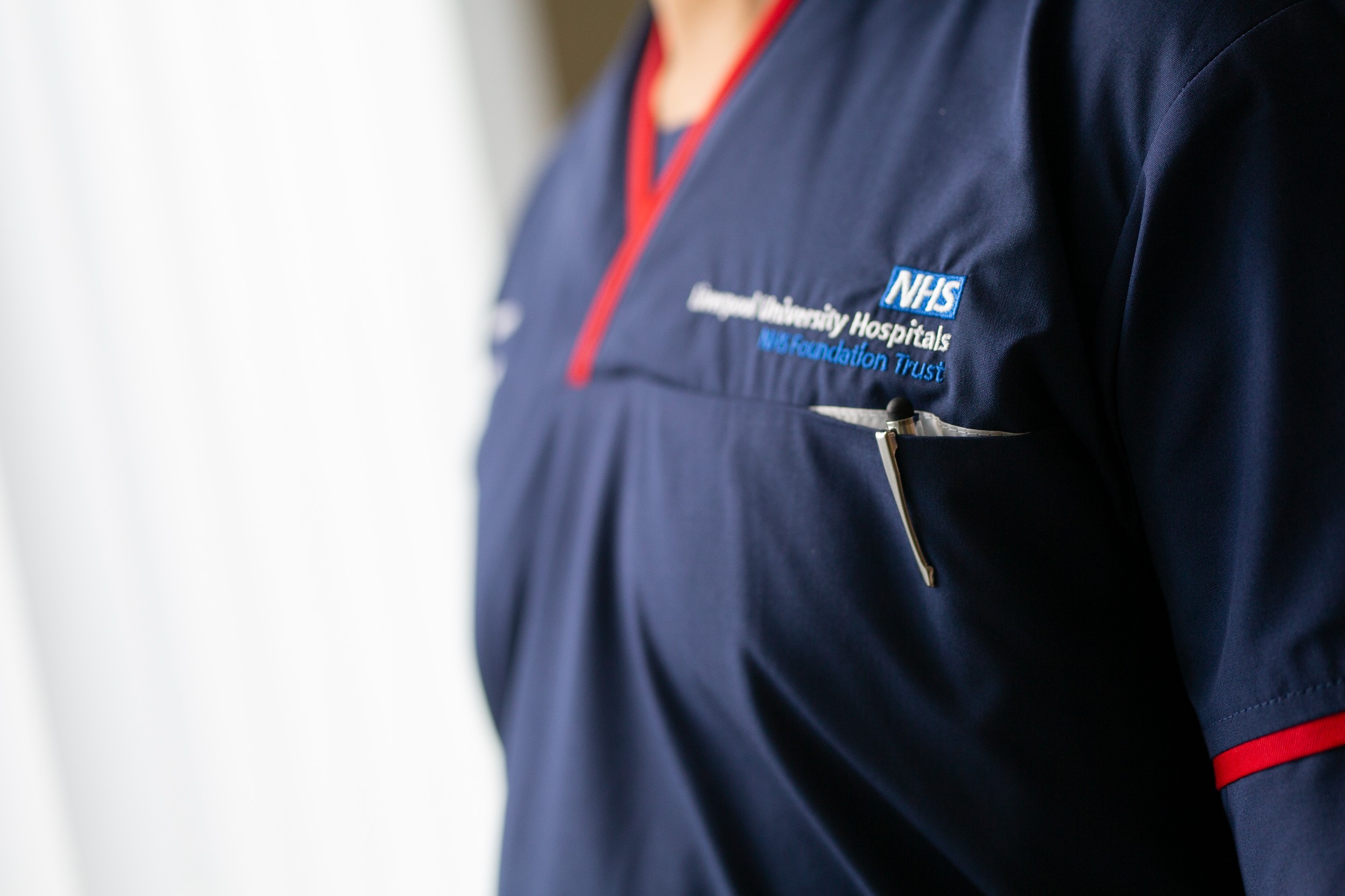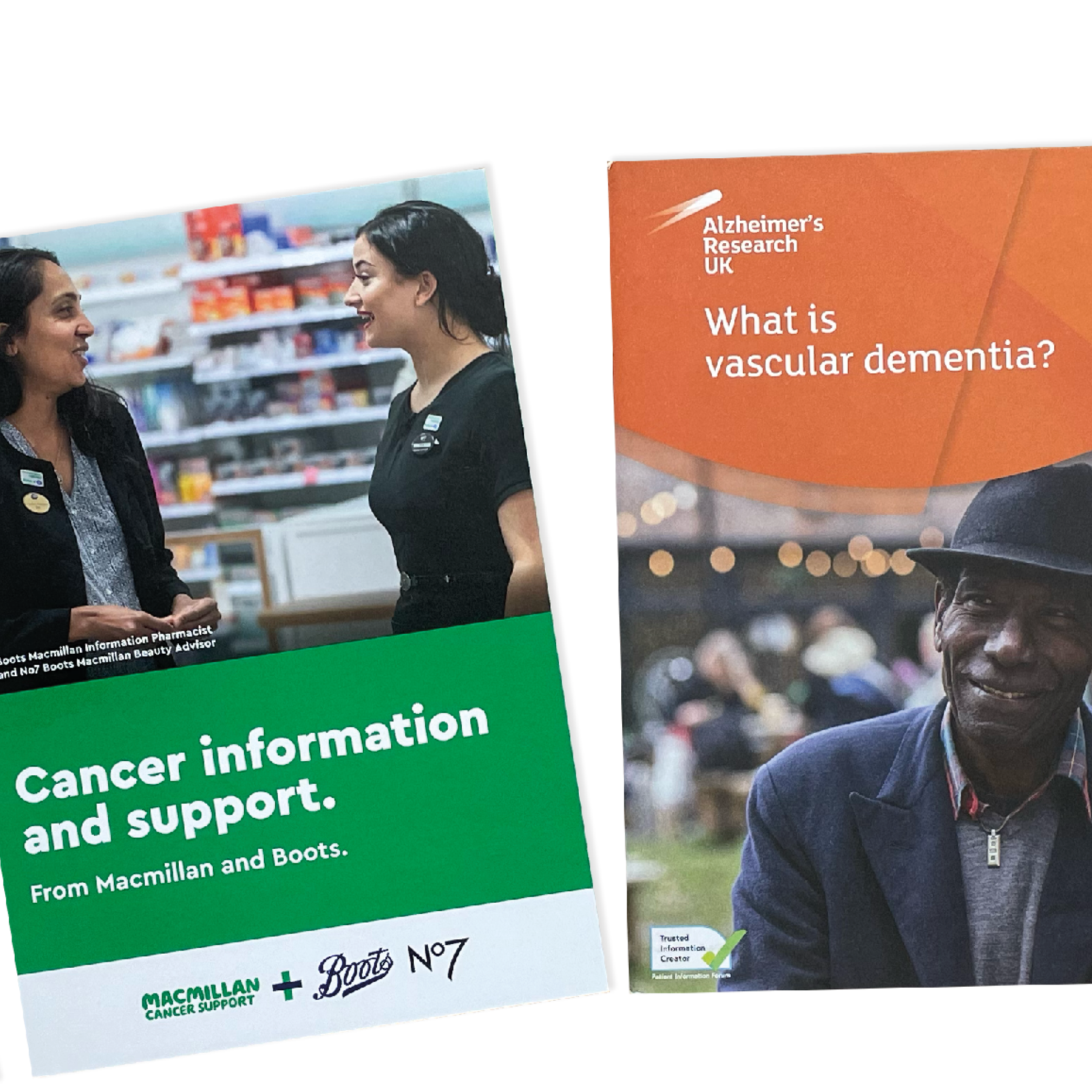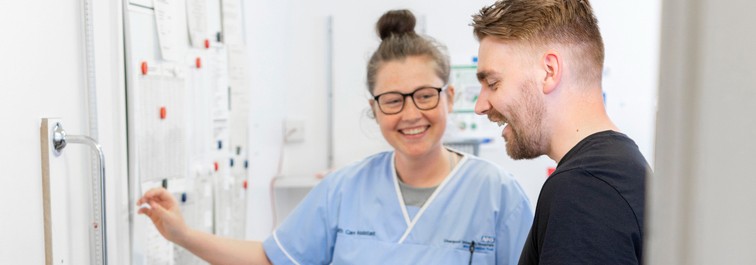NHS services and treatments which are free for everyone
This includes our Emergency Departments (ED). If you attend our EDs and are in receipt of a NON-UK European Health Insurance card, Provisional Replacement Certificate, or an S1 Certificate, please make this known at reception. This is free only up to the point an overseas visitor is admitted as an inpatient or given an outpatient appointment. It does not, therefore, include emergency treatment given after admission to the hospital as an in-patient or out-patient. Treatment at this point is chargeable to non-exempt visitors.
The NHS provides healthcare for people who are usually lawfully resident in the United Kingdom. People who do not normally live in this country are not automatically entitled to use the NHS free of charge, no matter their nationality or if they hold a British passport.
There is a legal obligation on Liverpool University Hospitals NHS Foundation Trust to check if people are normally lawfully resident in the UK. Guidance from the Department of Health and Social Care, January 2023, Implementing the Overseas Visitors Hospital Charging Regulations, states that all NHS Trusts have a legal obligation to ensure that patients who are not lawfully ordinarily resident in the UK are identified and their liability for charges assessed.
If they are not lawfully ordinarily resident in the UK then charges may be applicable for NHS services. When this is the case, the hospital must charge the person liable (usually the patient) for the costs of the services.
Clinical staff will not be able to confirm whether you are eligible for charges – only the Overseas Visitors team can provide this. The NHS does not provide itemised invoices; invoices are prepared in the same way as we charge the Integrated Care Board, and it is based on a Health Resource Group coding. Please do not ask for a breakdown of charges, as it is not possible – this is not a private invoice, it is a chargeable invoice.
How to contact us
If you need more information to what is supplied on this page, please e-mail: OVM
If you are not eligible for free treatment, you will be charged for any treatment we provide – whether that is in hospital or in the community. We are legally required to collect payment before any planned care (elective treatment) takes place.
If you have any queries, you can contact the overseas visitor team on 0151 706 5483 during office hours. Alternatively, please email: OVM
To receive free hospital treatment, you will need to provide evidence that you are legally living within the UK. All patients admitted to our hospitals may be asked to provide details. If you live in the UK on a settled basis, then you may be asked to provide evidence of this.
- NON-UK European Health Insurance card that is in date, front and back required
- Residence Permit, Application Registration card, EU Settlement Status or EU Settlement Scheme application (all must be in date).
- Or any other evidence that proves you are entitled to free NHS care.
If you have insurance cover, the cost of treatment will be charged to the individual who remains responsible for payment. A full breakdown of charges will be provided after the patient has been discharged. It is the patient’s responsibility to contact their insurance company should the need arise. It is also the patient’s responsibility to ask for a discharge summary from their treating doctor or the nurse looking after them before they leave the hospital.
Here at Liverpool University Hospitals NHS Foundation Trust, we take fraud seriously. In our area of work, we encounter patients ‘borrowing’ other people’s NHS number, bringing family into the UK solely to use the NHS without intending to pay, and overstaying on VISA’s and not telling the truth. In the case of borrowing peoples NHS number, this is dangerous to the person whose ID has been used as it could interfere with their existing care pathway. We will report any patient or friends and relatives, purposely trying to defraud the NHS to our local count fraud specialist. If escalated to involve the police, you could end up with a criminal record.
If you fail to pay for NHS treatment for which charges are appropriate, your future application to enter, or remain in the UK may be denied. Necessary (non-medical) personal information may be passed via the Department of Health to the Home Office for this purpose. It is the responsibility of the Overseas Visitor to pay for their medical treatment in the UK; also, the fact that a person was not informed that charges would apply does not alter the fact that, under the Charging Regulations they are still liable for that charge.
The Voluntary Returns Service (VRS) is a home office unit that offers practical support for people who are in the United Kingdom with no right to reside, as well as people who have or who are claiming asylum, and who have decided that they wish to return home. The Home Office recognises that there will be people who choose to return to their home country, but who have no means of doing so, or who need some assistance, depending on their personal circumstances. It is the role of the VRS to provide practical support to assist those who wish to return. The level of support available depends on individual circumstances.
From 1 July 2021, EEA nationals can also access the VRS service.
Reintegration will be linked to the country of return, with more support being available for those who return to a country that is classified as developing as defined by the Organisation for Economic Co-operation and Development (OECD). The list of countries defined as developing is reviewed annually and is available on the Gov.uk website.
People who are returning to countries that are categorised as a developing country will be eligible for reintegration support to the value of £3,000 per returning person.
Those returning to a country that is not defined as developing can apply for help with reintegration costs if they have additional needs. If eligible, reintegration support will be based on personal circumstances, and will start at £1,500 (capped at the rate for those returning to developing countries). Additional needs can include long term illness; failed asylum seeker; rough sleeper; victim of modern slavery; families; being an unaccompanied child or care leaver. This list is not exhaustive.
Contact the Voluntary Return Service
General enquiries: 0300 004 0202
Voluntary returns process: online application form can be accessed on the Gov.uk website.
The current list of exempt services comprises:
Emergency Departments (ED), but not including services provided after the overseas visitor is accepted as an inpatient or at a follow-up outpatient appointment. So, where emergency treatment is given after admission to the hospital, e.g., intensive care or coronary care, it is chargeable to a non-exempt overseas visitor. Note that some walk-in centres provide primary care services rather than ED-type services and overseas visitors cannot be charged for such services either because primary care services are not within the scope of the regulations.
Family planning services, which means services that supply contraceptive products and devices to prevent pregnancy (termination of an established pregnancy is not a method of contraception or family planning)
The diagnosis and treatment, including routine screening and routine vaccinations, of the conditions specified in Schedule 1 to the Charging Regulations which is necessary to protect the wider public health. This exemption from charge will apply to the diagnosis of the condition, even if the outcome is a negative result. It will also apply to any treatment provided for a suspected specified condition, up to the point that it is negatively diagnosed. It does not apply to any secondary illness that may be present even if treatment is necessary to successfully treat the condition.
The conditions to which the exemption applies are:
- Acute encephalitis
- Acute poliomyelitis
- Anthrax
- Botulism
- Brucellosis
- Cholera
- Diphtheria
- Enteric fever (typhoid and paratyphoid fever)
- Food poisoning
- Haemolytic uremic syndrome (HUS)
- Human immunodeficiency virus (HIV)
- Infectious bloody diarrhoea
- Invasive group A streptococcal disease and scarlet fever
- Invasive meningococcal disease (meningococcal meningitis, meningococcal septicaemia, and other forms of invasive disease)
- Legionnaires’ disease
- Leprosy
- Leptospirosis
- Malaria
- Measles
- Middle East Respiratory Syndrome (MERS)
- Mumps
- Pandemic influenza (defined as the ‘Pandemic Phase’), or influenza that might become pandemic (defined as the ‘Alert Phase’) in the World Health Organization’s Pandemic Influenza Risk Management Interim Guidance
- Plague
- Rabies
- Rubella
- Severe acute respiratory syndrome (SARS)
- Smallpox
- Tetanus
- Tuberculosis
- Typhus
- Viral haemorrhagic fever (which includes Ebola)
- Viral hepatitis
- Whooping cough
- Wuhan novel coronavirus (2019-nCoV)
- Yellow fever.
The diagnosis and treatment, including routine screening and routine vaccinations, of sexually transmitted infections.
Services provided for treatment of a condition caused by:
- Torture
- Female genital mutilation
- Domestic violence
- Sexual violence.
Including treatment of both physical and mental illness, or an acute or chronic condition. The exemption applies wherever the violence has been experienced (including violence that occurred abroad), provided that the overseas visitor has not travelled to the UK for the purpose of seeking treatment. Any other treatment that they need that is not caused by that violence is not free, unless covered by another exemption.
Useful documents
| Thumbnail | Title | Date Posted | Size |
|---|---|---|---|
| How to recognise a non-UK European Health Insurance Card (EHIC) | 17/07/2023 | 0.41 MB |
